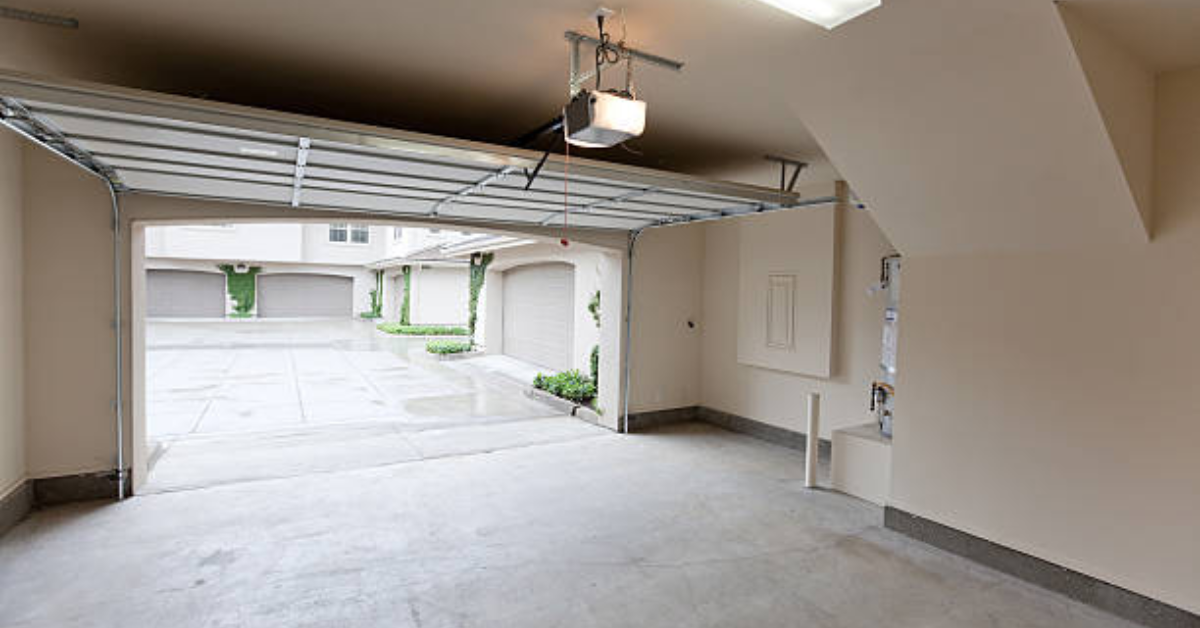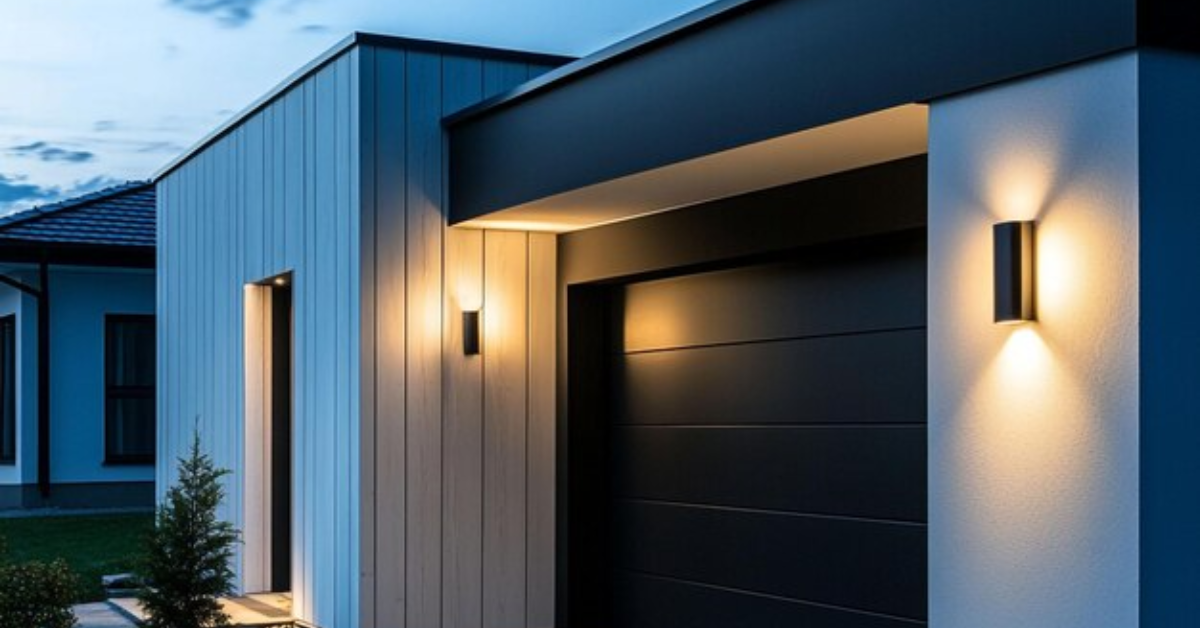Are Automatic Garage Door Openers Energy Efficient?
Nowadays, energy-conscious homeowners constantly look for ways to cut their electricity consumption and invest smarter in home technology. One often-overlooked area is the garage, specifically the automatic garage door opener. As more homes are being built or upgraded with automated systems, the question arises: Are automatic garage door openers energy efficient?
The short answer is yes—modern automatic garage door openers are more energy-efficient than ever before. But understanding why, and how to choose the right one, is key to getting the most out of your investment.
An Overview of Automatic Garage Door Openers
Before diving into energy efficiency, it helps to understand what an automatic garage door opener does. These systems use a motor to open and close your garage door remotely, typically activated through a keypad, remote control, smartphone app, or even voice assistant.
Traditional openers used to consume more power because they relied on outdated motors and had limited energy-saving features. However, newer models are built with smart technology, improved insulation compatibility, and better standby modes, significantly lowering energy usage.
Energy Efficiency and Standby Power Consumption
One major concern with any electronic appliance is standby power consumption—often referred to as "phantom load." Older models of garage door openers could draw as much as 5–10 watts continuously, even when idle. Over time, that adds up in your electric bill.
Modern energy-efficient garage door openers, especially those labeled with ENERGY STAR or featuring standby power usage of less than 1 watt, have made huge strides in reducing this issue. When you consider that your opener is idle 99% of the time, a low standby draw can make a big difference annually.
DC vs. AC Motors: Which Is Better?
When shopping for a garage door opener, one of the first specifications you'll notice is the motor type—either AC (alternating current) or DC (direct current).
- DC-powered garage door openers are generally more energy-efficient than AC models. They offer quieter operation, smoother start and stop functions, and the ability to integrate with battery backup systems.
- AC motors, while still available, are heavier, louder, and typically draw more power.
Opting for a DC motor opener is one of the easiest ways to improve energy efficiency in your garage.
Smart Features That Save Energy
Today’s smart garage door openers come with integrated technology designed to help you manage and conserve energy:
- Scheduling functions allow you to program open/close times, ensuring the garage isn't left open longer than needed.
- Wi-Fi and app control helps prevent unnecessary energy use by giving you remote access.
- Motion-sensing LED lights built into some models reduce energy waste by turning on only when movement is detected.
These features not only make life more convenient but also help minimize unnecessary energy usage.
Insulation and Its Role in Efficiency
While the garage door opener itself plays a role, the garage door’s insulation is equally important. A poorly insulated garage can allow heat to escape in winter and enter in summer, forcing your HVAC system to work harder.
Combining an energy-efficient automatic garage door opener with a well-insulated door creates a double layer of energy savings. Many newer systems are designed to work seamlessly with insulated doors, improving the overall efficiency of your garage.
Battery Backup Systems
California and other states now require battery backups on new installations, and while some may worry about added energy consumption, most backup systems are designed to be low-power and kick in only when necessary. Having a battery backup not only ensures security during power outages but also supports your energy efficiency goals by running off rechargeable systems instead of drawing constant power.
Cost vs. Savings
You might wonder if investing in an energy-efficient garage door opener is worth the price. While the initial cost of a smart, DC-motor opener might be slightly higher, the long-term savings on electricity bills, plus the added convenience and security, often justify the upgrade.
If your current opener is more than 10–15 years old, replacing it could cut your opener’s energy usage by half or more. Combine that with improved safety features and smart home integration, and the investment makes even more sense.
Final Thoughts
So, are automatic garage door openers energy efficient? The answer is a resounding yes—especially if you choose a modern, smart model with a DC motor, LED lighting, low standby power, and app controls. By making the right choice, you not only save money but also reduce your carbon footprint.
As homeowners seek smarter and greener solutions, the garage—often overlooked—presents an excellent opportunity for improvement. Upgrading to an energy-efficient automatic garage door opener is a small change that delivers big results in convenience, safety, and savings.




